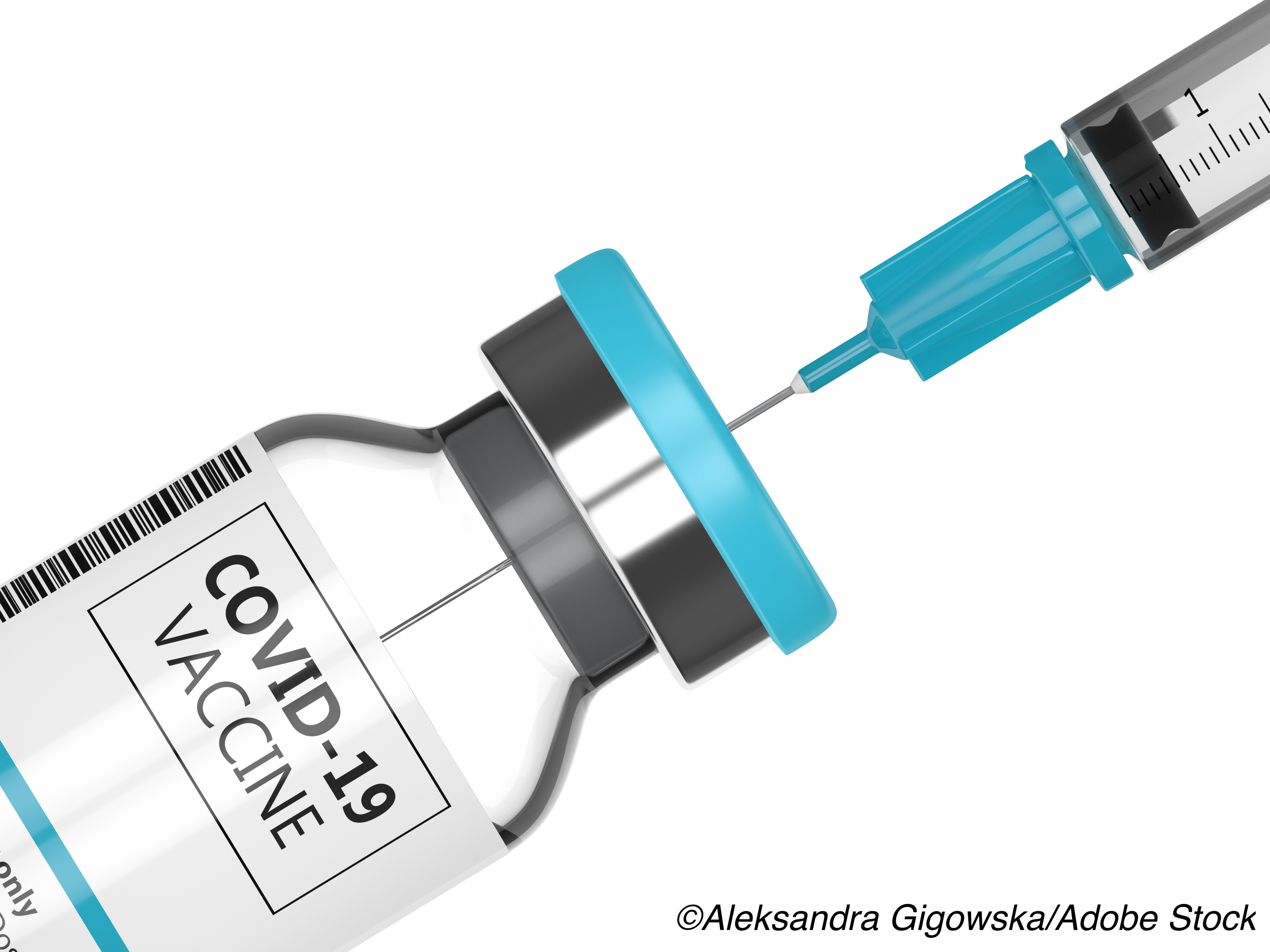After the FDA’s issuance of an emergency use authorization (EUA) for the use of Covid-19 convalescent plasma (CCP), the Infectious Diseases Society of America(IDSA) and the World Health Organization (WHO) issued statements urging caution.
Both organizations agreed that using CCP may hold promise as a treatment for the virus but noted a lack of high-quality clinical evidence.
“While the data to date show some positive signals that convalescent plasma can be helpful in treating individuals with Covid-19, especially if given early in the trajectory of disease, we lack the randomized controlled trial data we need to better understand its utility in Covid-19 treatment,” Thomas M. File, Jr., MD, FIDSA, President of the IDSA, said in a statement. “For this reason, IDSA supports the continued collection of data in randomized clinical trials to better understand the benefits of convalescent plasma treatment before authorizing its wider use in patients with Covid-19.” [Emphasis added by IDSA]
WHO’s chief scientist, Soumya Swaminathan, also pointed to the current clinical data that is available and noted that the organization could not endorse the use of CCP except as an “experimental therapy.”
“At the moment, it’s still very low-quality evidence,” Swaminathan told a news conference, as reported by Reuters. “So, we recommend that convalescent plasma is still an experimental therapy, it should continue to be evaluated in well-designed randomized clinical trials.”
Swaminathan pointed to the challenge of using convalescent plasma, given that “it is drawn from many different people, producing a product that is less-standardized than monoclonal antibodies crafted in the lab.”
Moreover, there could be safety risks, WHO’s senior advisor Bruce Aylward is reported as saying during the news conference. “There are a number of side effects,” he said, ranging from mild fevers to severe lung injuries or circulatory overload. “For that reason, the clinical trial results are extremely important.”
An EUA for a Covid-19 Vaccine?
The Financial Times is reporting that the Trump administration is considering fast tracking the AstraZeneca Covid-19 vaccine and issuing an EUA on it in September. The news of the potential fast track of the vaccine resulted in a 2% bump in AstraZeneca’s stock. The pharmaceutical company licensed the vaccine from the University of Oxford, which, as previously reported by BreakingMED, is the ChAdOx1 nCoV-19, a chimpanzee, adenovirus vectored vaccine. Early trial results have found it safe and well tolerated. The researchers noted that, in their preliminary findings, “the single-dose vaccine elicited ’an increase in spike-specific antibodies by day 28 and neutralizing antibody in all participants after a booster dose.’”
The Vaccine Race
There are, according to WHO, 30 vaccines being evaluated, with six in phase III clinical trials, including from AstraZeneca/Oxford University and Moderna/NIAID’s (U.S.); BioNTech/Fosun Pharma/Pfizer (Germany/China/U.S.); Sinovac and Wuhan Institute of Biological Products/Sinopharm, and Beijing Institute of Biological Products/Sinopharm (China).
China has claimed, the Washington Post reports, that it began using a Covid-19 vaccine for the public in July. They are allegedly inoculating high-risk groups. Russia previously claimed that its vaccine, “Sputnik V”, has been approved, and Russian President Vladimir Putin alleges that his own daughter has already received a jab.
However, the Chinese vaccine’s timeline marks it as the leader in these early rollouts, thus far.
Neither vaccine has undergone standard clinical testing, WaPo reports.
Candace Hoffmann, Managing Editor, BreakingMED™
Cat ID: 190
Topic ID: 79,190,254,930,190,926,192,561,927,151,928,925,934


